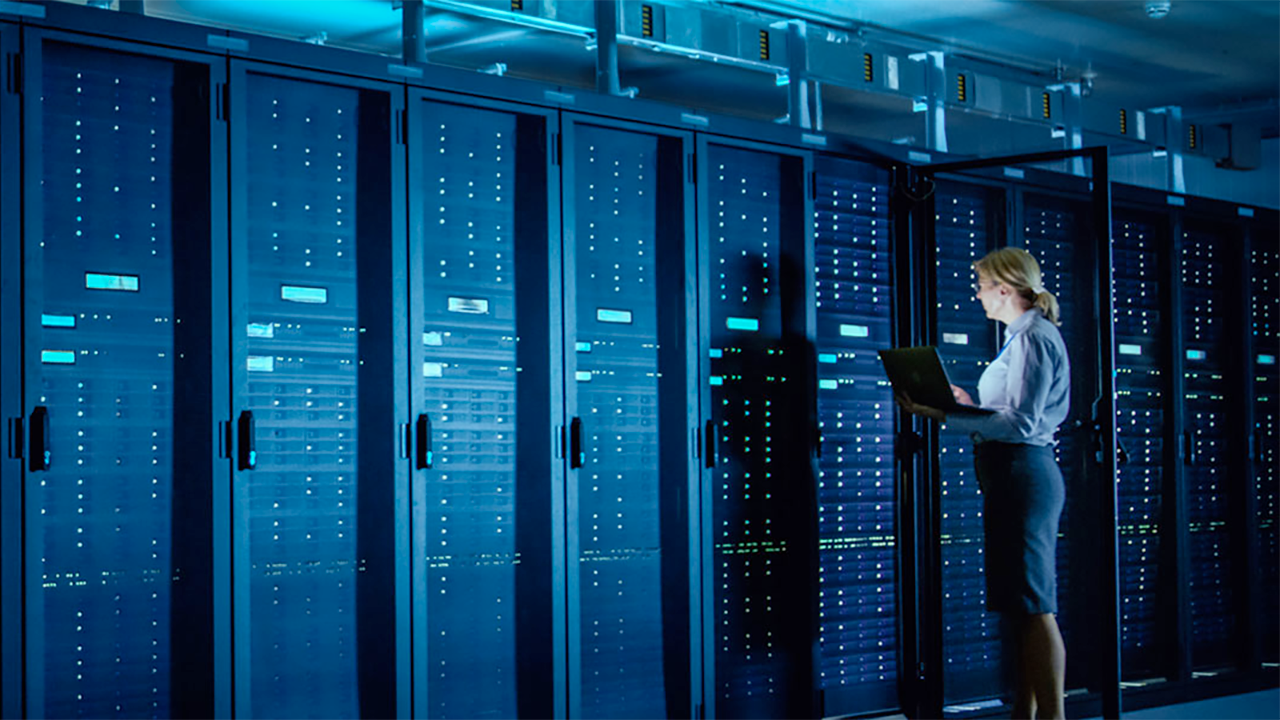
Six major Russian supercomputer centers located across the country have teamed up to form the 'Distributed Scientific Supercomputer Infrastructure' consortium, reports the Russian Academy of Sciences. This new alliance aims to pool resources for the performance needed to process modern scientific workloads. In total, the six supercomputing centers have around 900 servers and these fleets cannot be upgraded due to the U.S. sanctions. To that end, pooling resources is largely a forced measure. Meanwhile, DSSI has a plan to collectively upgrade their hardware.
Six supercomputing centers join forces
The consortium's consolidated infrastructure includes 900 servers with a total peak performance of 1.5 FP64 PetaFLOPS and scientific data storage systems exceeding 15PB. This infrastructure supports distributed systems for the collection, storage, and analysis of scientific data across various regions. To put the number into context, 1.5 FP64 PLOPS performance trails the slowest supercomputer in the Top 500 list, which has Rmax performance of 2.13 PetaFLOPS. Members of the DSSI are providing computing resources and support to 240 organizations across the country and by working together they will be able to offer more compute performance to their customers as the latter's requirements increase.
The consortium does not include Russia's most powerful state-owned supercomputer, the Lomonosov 2 located in the Lomonosov Moscow State University, which has Rmax performance of 2.48 FP64 PFLOPS. It should be noted that the MSU introduced its MSU-270 supercomputer with a peak computational power of 400 'AI' PFLOPS last Fall and this one also does not participate in the DSSI project. Commercial supercomputers, such as Yandex's Chervonenkis, Russia's most powerful machine with Rmax Linpack performance of 21.53 FP64 PFLOPS, will also not be a part of the consortium.
The DSSI consortium brings together multiple players from different regions, including the Far Eastern Federal Research Center in Khabarovsk, the Institute of Automation and Control Processes in Vladivostok, the Matrosov Institute in Irkutsk, the Institute of Computational Mathematics and Mathematical Geophysics in Novosibirsk, the Krasovsky Institute in Yekaterinburg, and the Space Research Institute in Moscow.
"We need to move away from competition between collective-use centers and instead focus on uniting their resources and expertise," said Alexey Sorokin, director of the computing center of the Far Eastern Branch of the Russian Academy of Sciences and a member of the consortium's Coordinating Council. "There is a growing demand for a distributed infrastructure that connects technological sites across different regions of the country via high-speed communication channels. These sites should be equipped with modern computing systems of various architectures and specialized data storage systems. It is impossible for even the largest organization to tackle this complex task alone. It makes sense to leverage the groundwork laid by existing supercomputer centers, which have already proven their efficiency. This approach will undoubtedly lead to more efficient use of financial resources and, just as importantly, foster the development of scientific teams in the regions, particularly in HPC space."
And have upgrade plans
Due to sanctions imposed by the U.S. after Russia invaded Ukraine, Russian state-owned entities have a hard time acquiring supercomputer hardware, such as the latest processors from AMD, Intel, and Nvidia. While smuggling exists (and largely prospers), it is likely that Russian institutions cannot get enough new machines to modernize their fleets.
Pooling in resources will enable Russian scientists to get access to higher performance. Also, the DSSI consortium aims to develop a comprehensive project to upgrade scientific supercomputer centers for collective use with modern compute hardware. After discussions with all interested participants, the project will be submitted to the Ministry of Science and Higher Education of the Russian Federation and the Russian Academy of Sciences.
Given the sanctions imposed by the U.S., EU, Taiwan, South Korea, and other countries, it will not be easy to upgrade all of the aforementioned datacenters with modern Western hardware. But perhaps the plan is to use parts that can be obtained without any curbs: including usage of cut-down components like Nvidia's HGX H20 or hardware from Chinese developers. However, it is evident that the Russian scientific community wants access to higher performance.







